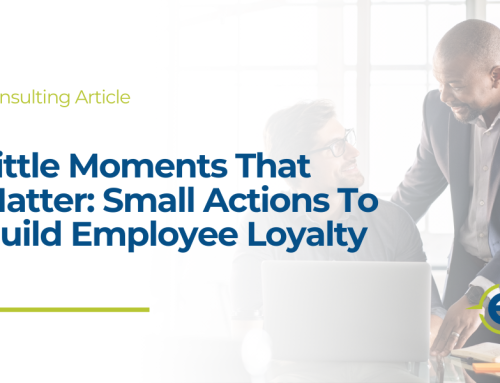What is Instant Payment Fraud?
Instant payment fraud refers to any scam that targets money transferring services. From popular mobile apps to online banking, attackers use various techniques to defraud people and organizations.
Examples of Common Scams
How To Protect Yourself and Your Organization
Overpayment
Overpayment scams are common frauds that target online marketplaces. In many cases, the seller of an item will receive a payment for more than the asking price. The buyer claims it was a mistake and asks the seller to refund the overpayment, usually to a different account. The buyer will then cancel the original transaction.
Advance Fee
This common scam typically involves a promise that the target is owed a large amount of money, often from a family inheritance. To access the inheritance, they must first pay a certain amount of money upfront that the scammer claims is needed to cover administrative fees.
Business Email Compromise
Business email compromise (BEC) is one of the most common payment scams that target employees. The attackers usually impersonate someone an employee is familiar with, such as an executive or legitimate vendor. They’ll then instruct the employee to wire money to the attacker’s account or pay a fraudulent invoice.
Learn To Spot Warning Signs
The most common way people get conned out of money is via phishing attacks — scams that use deception and emotional manipulation. You can spot phishing attacks by staying alert for common warning signs such as threatening or urgent language, suspicious links, and random attachments.
Don’t Make Assumptions
Whenever you receive a request for payment or anything confidential, whether by email, text, or phone call, don’t assume it’s legitimate. Attackers often attempt to impersonate people you might know or services you use. Remain skeptical, and remember that legitimate financial services will never ask you to reveal confidential information like passwords or account numbers.
Follow Policy
Organizations work hard to develop policies intended to keep data, systems, and people safe. By always following those policies, you can help prevent instant payment fraud and other threats targeting organizations. If you encounter anything suspicious while at work, report it immediately.









